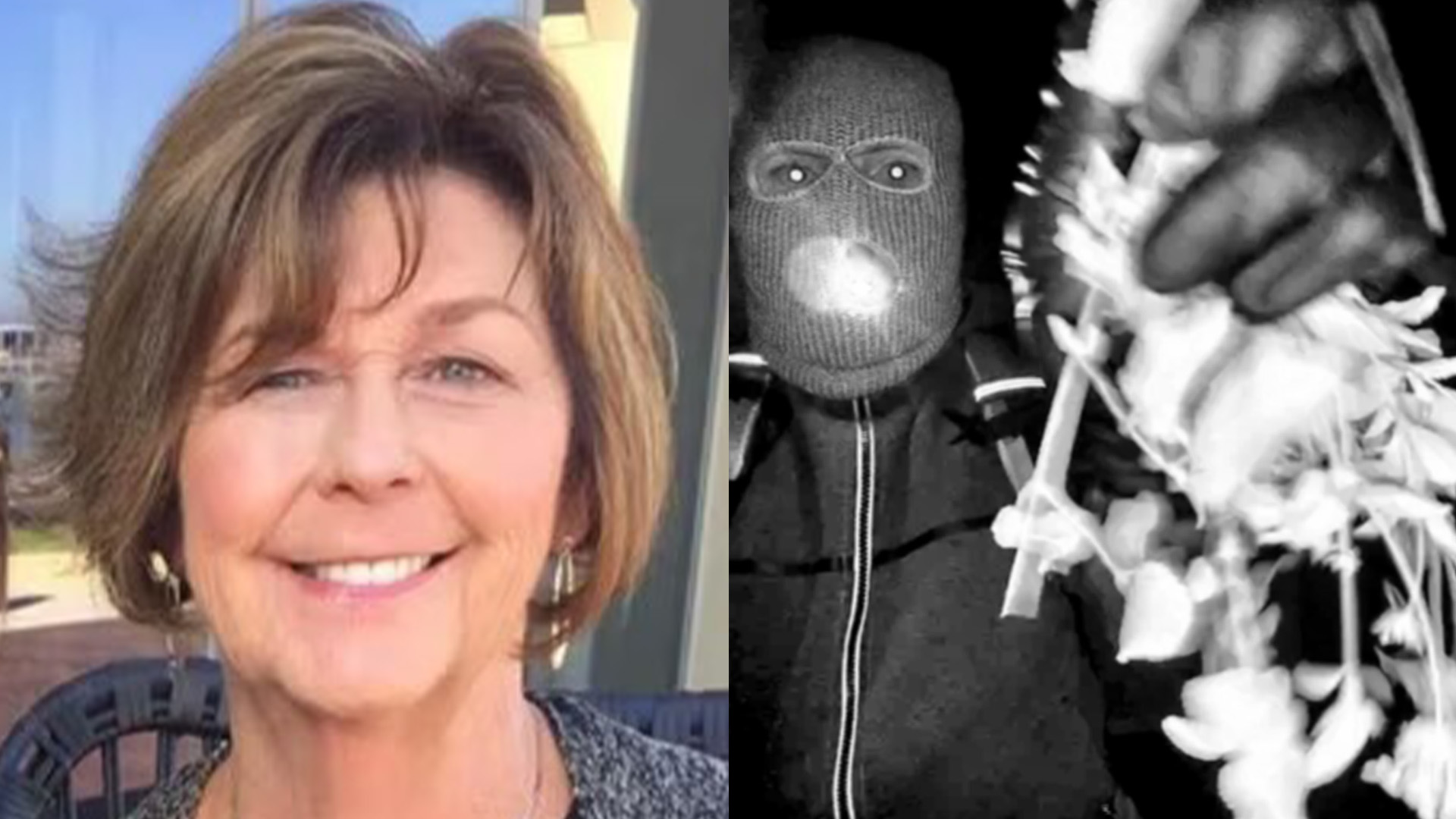Families relying on the Supplemental Nutrition Assistance Program (SNAP) are facing a dual crisis as delays in benefit distribution not only hinder their ability to feed themselves but also threaten the well-being of their pets. Nonprofit organizations in Louisiana and Illinois are urgently appealing for pet food donations to prevent owners from surrendering their dogs and cats to overcrowded animal shelters.
The current situation has been exacerbated by the fact that many pet owners typically use their SNAP benefits to supplement their pets’ diets. With benefits arriving late, these families find themselves in a precarious position. Some owners are forced to choose between their own food and their pets’ needs, while others rely on SNAP to free up funds for pet food purchases.
In Louisiana, the crisis has prompted one shelter to consider reallocating funds usually designated for veterinary care to secure more pet food. This drastic measure underscores the severity of the issue, as shelters grapple with a growing number of animals being surrendered due to the financial strain on their owners.
In response to this urgent need, a nonprofit organization in Illinois has taken a proactive approach by pairing SNAP recipients with volunteers. This initiative enables families to shop together for both human and pet food, alleviating some of the stress associated with navigating food scarcity.
The implications of this situation extend beyond individual families and pets. Local shelters are already experiencing increased pressure as they manage rising intake numbers. The call for action from nonprofits highlights not only the immediate need for pet food but also the broader impact of food insecurity on communities.
As SNAP recipients face these challenges, the response from local organizations and volunteers will be crucial in ensuring that families can keep their pets and maintain their well-being. Donations of pet food are essential during this critical time, and community support will play a vital role in addressing this emerging crisis.







